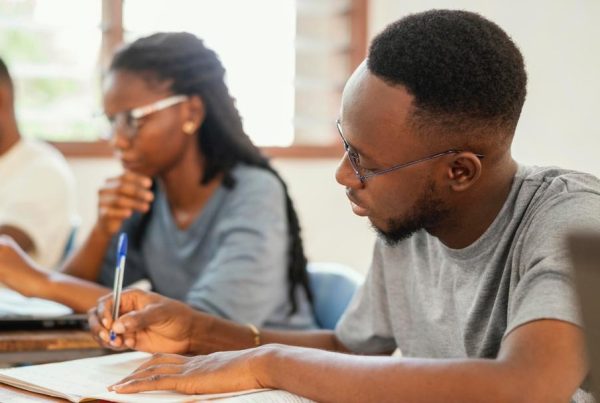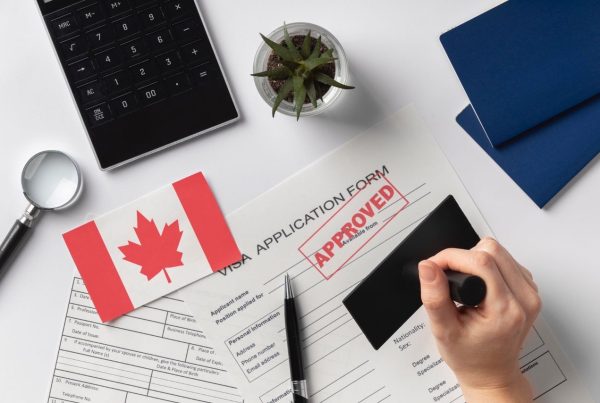If you’ve been online recently, you might have seen doctors celebrating Match Day, the day medical graduates find out if they’ve secured a US residency spot. For Nigerian doctors, matching is a big deal, but the journey is long and expensive. Here’s what you need to know.
What Does It Mean to “Match”?
Matching means securing a spot in a US residency program, the next step after medical school for doctors who want to specialize. Without it, a doctor remains a general medical practitioner. Residency provides hands-on training in a chosen specialty and typically lasts 3-7 years.
The USMLE: Your Ticket to Residency
To apply for a US residency, Nigerian doctors must pass the United States Medical Licensing Examination (USMLE) a three-step exam:
- Step 1: Taken during or after medical school, covering medical fundamentals.
- Step 2 CK (Clinical Knowledge): Focuses on clinical skills and is now the most important exam for international applicants.
- Step 3: Taken after ECFMG certification, usually during or before residency.
Passing the USMLE qualifies a doctor for ECFMG certification, which is necessary to apply for residency programs through the National Resident Matching Program (NRMP).
How Much Does It Cost?
Applying for residency is expensive. Here’s a breakdown of typical costs:
- ERAS Token: $165 – Required to access the Electronic Residency Application Service (ERAS).
- English Proficiency Test: $400 – Mandatory for international medical graduates.
- ECFMG Certification: $900 – Verifies clinical and communication skills.
- Residency Applications: $1,600 for 66 programs – Many applicants apply to 150+ programs ($4,000+) to improve their chances.
How to Improve Your Chances
- Apply Strategically
Research programs that accept international graduates and sponsor visas. Network with doctors who have matched before and get insights into program preferences.
- Ace Your USMLE Exams
Since Step 1 is now pass/fail, Step 2 CK scores matter more. A high score makes you a stronger candidate.
- Secure Strong Application Materials
A compelling personal statement, solid letters of recommendation, and a polished CV help set you apart.
- Be Open to More Programs
Rank all the programs where you interviewed. The more you list, the better your chances of matching.
- Prepare for Interviews
Virtual interviews are common, but some programs may offer in-person visits. Know common residency interview questions and practice your responses.
What If You Don’t Match?
If you don’t match, don’t panic. You can apply through the Supplemental Offer and Acceptance Program (SOAP) or check the American Medical Association (AMA) website for open positions. Some doctors also directly contact programs with available spots.
Final Thoughts
Matching into a US residency is tough but possible with proper preparation. Plan ahead, study hard, and apply strategically. With persistence, Nigerian doctors can successfully navigate the process and secure a spot in the US medical system.
Contact Purplebook.ng today to assist you in your study abroad journey. Don’t forget to subscribe to our newsletter to gain access to scholarship opportunities and available programs.
Stay up to date by following us on Instagram, Facebook, LinkedIn and Twitter.




